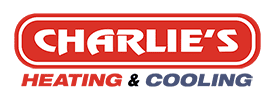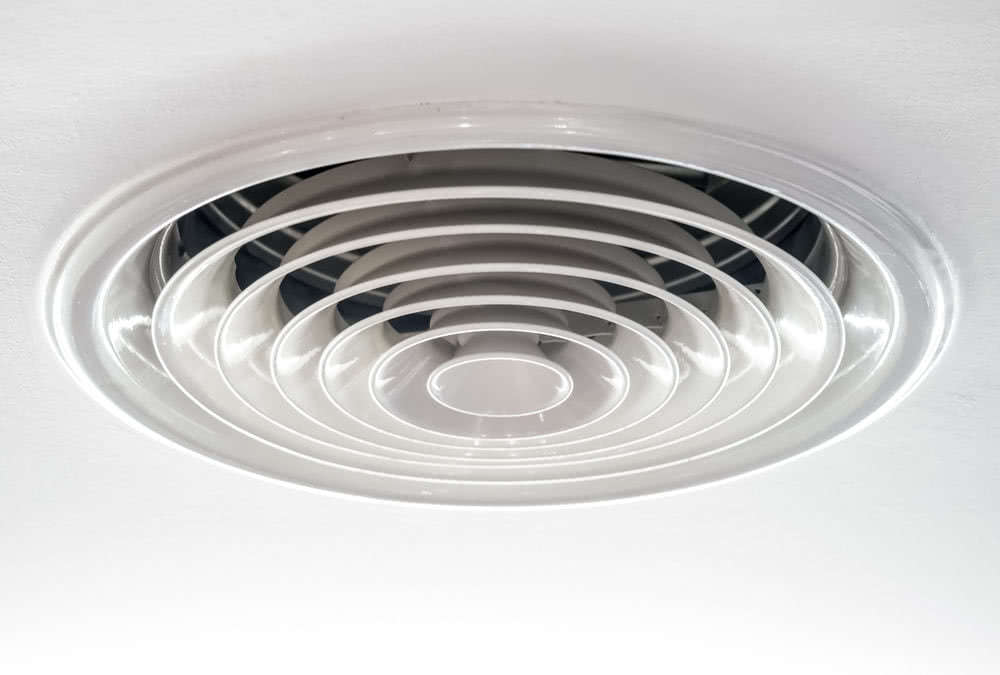New and existing energy-efficient homes have lots of insulation, but they often have poor ventilation as well. The air inside your Greensboro, North Carolina, home could be more contaminated than the air outside. A mechanical ventilation system removes stale indoor air and replaces it with cleaner outdoor air. This increases your indoor air quality and gets rid of mold, dirt, dust, pollen, and other pollutants. It also prevents health problems caused by poor indoor air quality like asthma, allergies, eye irritation, rashes, and sinus problems.
A ventilation system can remove excess moisture and microbes, take care of bad smells, extend your HVAC system’s life, and get rid of volatile organic chemicals. Most systems have separate air filters, so the outside air that comes into your home will be fresh and safe.
Removing Moisture and Microbes
Ventilation removes the excess moisture produced by showering, cooking, using your dishwasher, and doing your laundry. It can also get rid of viruses, bacteria, and allergens in your home’s air. If family members are always getting colds or you can’t get control of your allergies, you may need a whole-home ventilation system. Your home could also feel hot and stuffy in summer without enough ventilation. This forces homeowners to use their air conditioners more and waste energy.
High humidity also encourages mold and bacterial growth, and it can eventually rot wood floors, doors, other items, and even your foundation. Damp, moldy crawlspaces and ductwork can also cause problems. Contact an experienced professional to install vents and ductwork for your whole-home ventilation system near potentially humid areas like your kitchen and bathrooms. You can even ventilate your crawlspaces, your basement, and your attic to save money on your utility bills and prevent problems.
Taking Care of Bad Smells
Mold often causes an unpleasant musty smell. Without enough ventilation, you could also notice a burning smell when you use your heater. Dust, dirt, and other debris in your home’s ductwork and HVAC system cause these problems. If the airflow in your heater and air conditioner’s ductwork is obstructed or dust or dirt gets inside your unit, your system will have to work harder and use more energy to make you and your family feel comfortable. A whole-home ventilator can also remove smoke and smells caused by cooking, some bad food in the refrigerator, or yesterday’s garbage.
Extending Your HVAC System’s Life
A whole-home ventilation system extends your heater and air conditioner’s life by improving indoor air quality. It removes common particulates that can get into your HVAC system and cause inconvenient, expensive breakdowns. It also extends your system’s life by allowing it to run less, preventing unneeded wear and tear.
Getting Rid of Volatile Organic Chemicals
Volatile organic chemicals or VOCs evaporate at room temperature from household items and building materials like commercial air fresheners and cleaners, particle board, paint, varnish, and carpeting. Common volatile organic chemicals include formaldehyde, acetone, benzene, toluene, and xylene. Some of these chemicals can cause serious health problems like asthma or cancer. These chemicals build up over time, especially if you have an energy-efficient home without much ventilation.
Conventional air filters can’t remove these harmful chemicals from the air, but you can remove them from your home with a whole-home ventilation system. Use a heat recovery or energy recovery ventilator to remove stale indoor air and heat or cool fresh air before it comes into your home. The system works like a heat pump, so it uses less energy than your HVAC system would need to heat or cool a similar amount of fresh air. It also keeps your home more comfortable.
Charlie’s Heating & Cooling is a Trane Comfort Specialist with more than 35 years of HVAC experience, and we can help you install, maintain, and repair a wide variety of heating and cooling equipment, including whole-home ventilation systems. We can also clean your ductwork to remove pollutants that could impact your indoor air quality. Our NATE certified technicians go through rigorous training and testing, and you can call us at (336) 629-5453 for excellent, reliable service.
Image provided by Shutterstock









